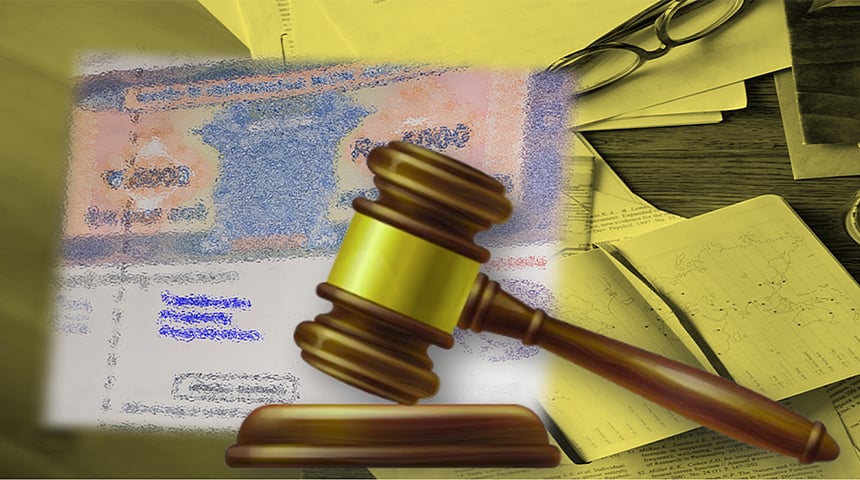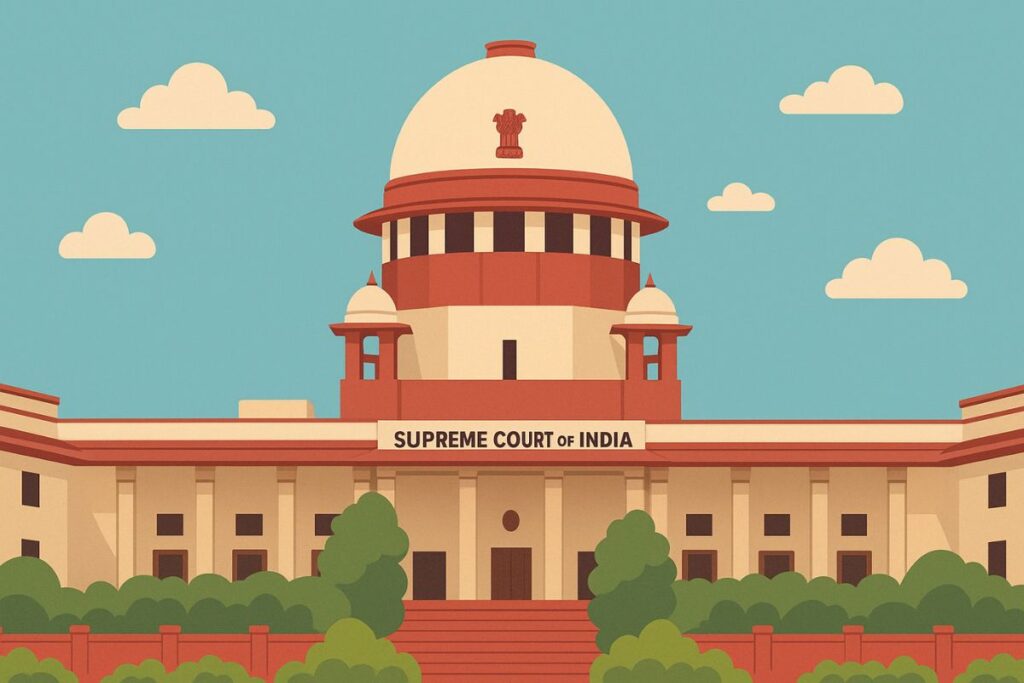In a groundbreaking ruling that’s set to reshape land laws in India, the Supreme Court has declared that having a registered sale deed alone does not make you the legal owner of a property.
The court ruled that to claim true ownership, a person must also have:
-Mutation done in revenue records
-Physical possession of the land
-Verified entries by the local patwari
“A registered deed is just a document of transfer, not the ultimate proof of ownership,” the apex court clarified.
Why This Matters to You
If you’ve bought land, you’re not the legal owner unless your name is mutated in official land records and you physically possess the property. This judgment is especially important for people who:
Bought property but never took possession
Got registry done but ignored mutation
Are involved in court disputes over ownership

Real-Life Shockers
🔹 Suresh from Rampur bought 3 bighas of land a decade ago but didn’t get it mutated. The seller continued to occupy the land. When Suresh tried to resell it, mutation was denied. The court said, “Registry alone doesn’t make you owner.”
🔹 A man in Ranchi lost compensation when his land was acquired for a road project — because his name wasn’t in revenue records, even though he had the sale deed.
What Every Buyer Should Now Do2r
To secure your land rights, make sure to:
-Get mutation done at the tehsil or municipal office
-Ensure possession is taken and documented
-Check patwari/khasra/khatoni records
-Update your name in land revenue documents
-Consult a lawyer before finalizing land deals

Game-Changer for Land Disputes
This verdict is seen as a big win for transparency and protection against land fraud.
-It empowers courts to resolve disputes based on reality, not just paperwork
-It protects innocent buyers from fraudulent sales
-It reduces misuse of registry documents by land mafias
What It Means for India
By aligning ground reality with legal records, this Supreme Court judgment ensures India moves closer to fair and secure land ownership.
Know the law, protect your land. Registry is the start — not the end — of ownership.


